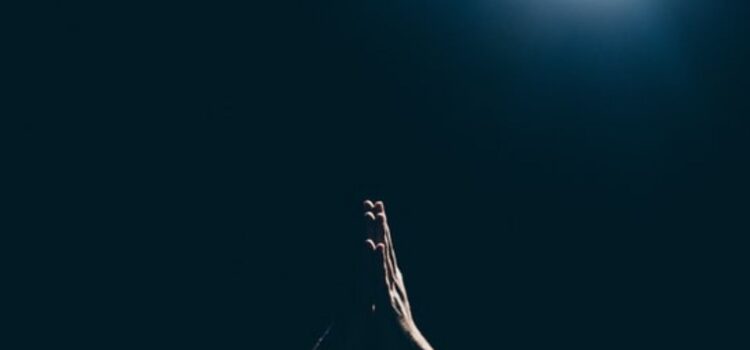

This article is an excerpt from the Shortform book guide to "Homo Deus" by Yuval Noah Harari. Shortform has the world's best summaries and analyses of books you should be reading.
Like this article? Sign up for a free trial here .
What is Yuval Noah Harari’s take on religion? How is his definition different from the conventional understanding of religion?
According to Yuval Noah Harari, religion doesn’t have to revolve around theology or the divine. Rather, religion is defined as an all-encompassing story that creates ethics and laws within a human structure.
Keep reading to learn about religion, as conceptualized by Yuval Noah Harari.
Yuval Noah Harari and Religion
According to Yuval Noah Harari, religion doesn’t have to be based on the belief in celestial beings. In his conception, religion is an ideology, divine or otherwise, that creates ethics and laws within a human system. In this sense, “religion” can include scientific, economic, and socio-political ideologies. These structures create order, generate ethical perspectives, and allow for large-scale cooperation.
For example, an extremist Christian may justify his hatred of Muslims using the words of God as a guide. Similarly, a neo-Nazi may justify his hatred of minorities by using the words of Hitler as a guide. In both situations, the person is led by strong beliefs that adhere to guidance created by a specific narrative.
In the modern era, human beings still rely on religion to guide their perspective. While fewer people believe in the grandiose stories of theistic religions, perspectives on nationalism and economic theory now drive people’s actions. For example, people once fought and died over the debate between Catholicism versus Protestantism. In the 20th century, people fought and died over the debate between capitalism and communism. One war was fought over theistic religion, while the other was fought over economic religion.
The Religion of Free-Market Capitalism
Free-market capitalism puts growth above all, even at the expense of relationships. This demand for constant investment is the result of an ethical judgment: “Economic growth solves all problems.” This makes capitalism less of a science and more of a religion. Instead of promising riches in the afterlife, capitalism promises wealth on Earth at the expense of your personal life.
For example, if you had to choose between spending more time at your job or with your family, you’d have to make an ethical judgment about the importance of money. If you were a true capitalist, you’d likely choose to spend more time at work because you’d believe that money could solve any problems facing your family.
Historically, kings and queens would either spend their money on extravagances, or store it away in chests, never to be touched. In the modern era, capitalism demands that you reinvest your wealth into economic growth through methods such as expanding a business, hiring employees, or investing in the stock market.
For example, if a capitalist made $500,000 today, they probably wouldn’t put it in the bank and leave it. They’d talk to their friends and family about what to “do” with their money, looking for investments that have potential. They likely wouldn’t be satisfied until their $500,000 turned into $5 million, constantly reinvesting in promising ventures.

———End of Preview———
Like what you just read? Read the rest of the world's best book summary and analysis of Yuval Noah Harari's "Homo Deus" at Shortform .
Here's what you'll find in our full Homo Deus summary :
- Why technology is replacing humanist ideals
- How previous generations relied on prayer to deal with serious problems
- How AI and algorithms are going to run the world






